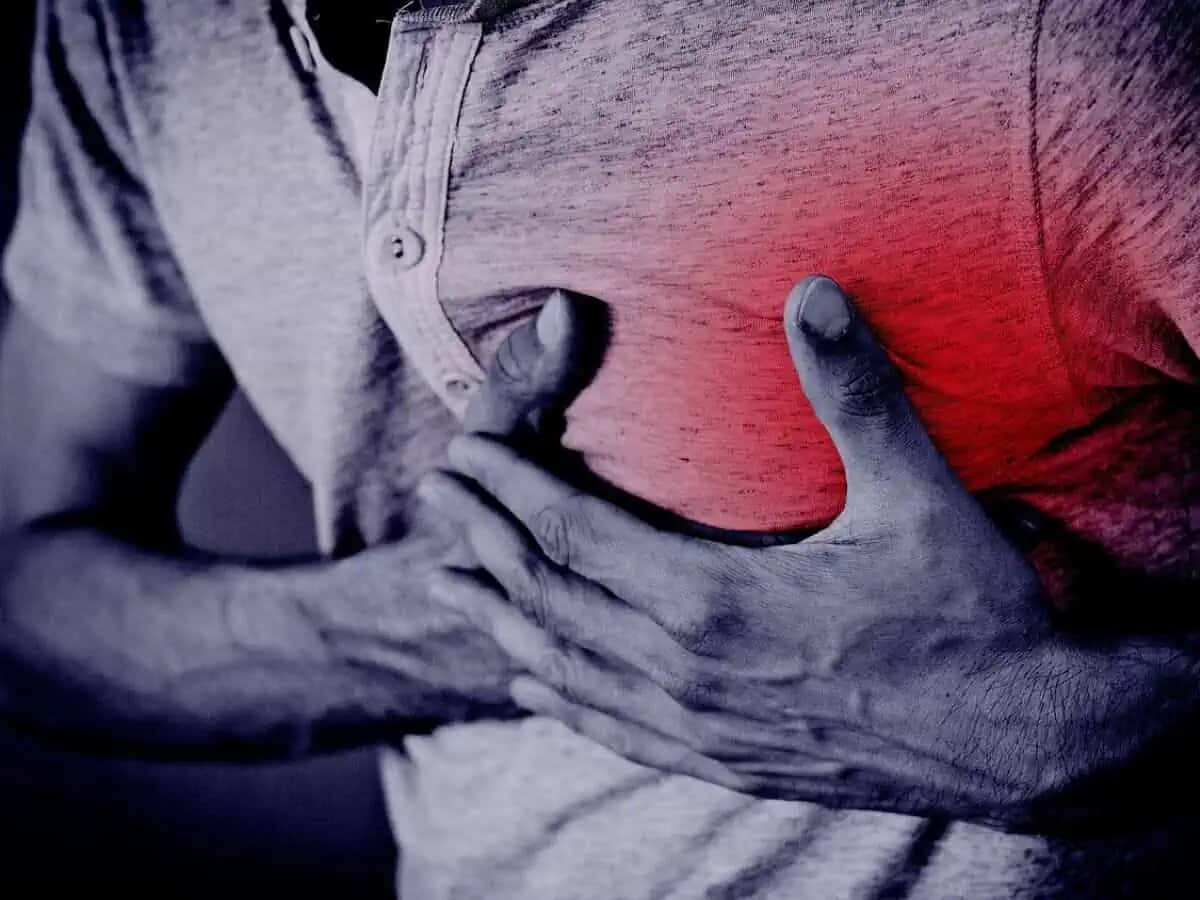According to Dr. Donald Lloyd-Jones, a cardiologist at Northwestern University Feinberg School of Medicine, the weeks between Christmas and New Year’s witness a short but notable spike of about 30 to 40% in heart attack rates.

Heart attack rates tend to experience a significant surge during the festive season, with the combination of holiday stress, disrupted routines, and wintry weather acting as contributing factors
This heart attack rates is attributed to various stressors unique to the holiday season, including managing family interactions, travel arrangements, altered eating and sleeping patterns, increased alcohol consumption, reduced physical activity, and potential disruptions in medication schedules.
In addition to these holiday-specific stressors, the cold weather poses an additional threat to heart health. Breathing cold air can chill the blood in the lungs, leading to the constriction of blood vessels, particularly affecting the coronary arteries. Engaging in cold-weather activities, such as shoveling, may further exacerbate the risk due to the potential for overexertion and overheating.
Symptoms of heart attacks differ between men and women
Men may experience heavy, crushing chest pressure or sudden, unexplained shortness of breath, while women may exhibit more subtle signs such as shortness of breath, profound fatigue, or lightheadedness. In the case of stroke, symptoms outlined by the acronym FAST (Face drooping, Arm or leg weakness on one side, Speech difficulty, Time to call 911) indicate the need for immediate medical attention.
Dr. Lloyd-Jones emphasizes the importance of seeking prompt medical help when experiencing symptoms, as time is crucial in preventing further damage to the heart or brain. Erring on the side of caution is recommended, given the severity and potentially life-threatening nature of heart attacks and strokes. Awareness of the warning signs and quick action can significantly improve the chances of a positive outcome in such critical situations.




